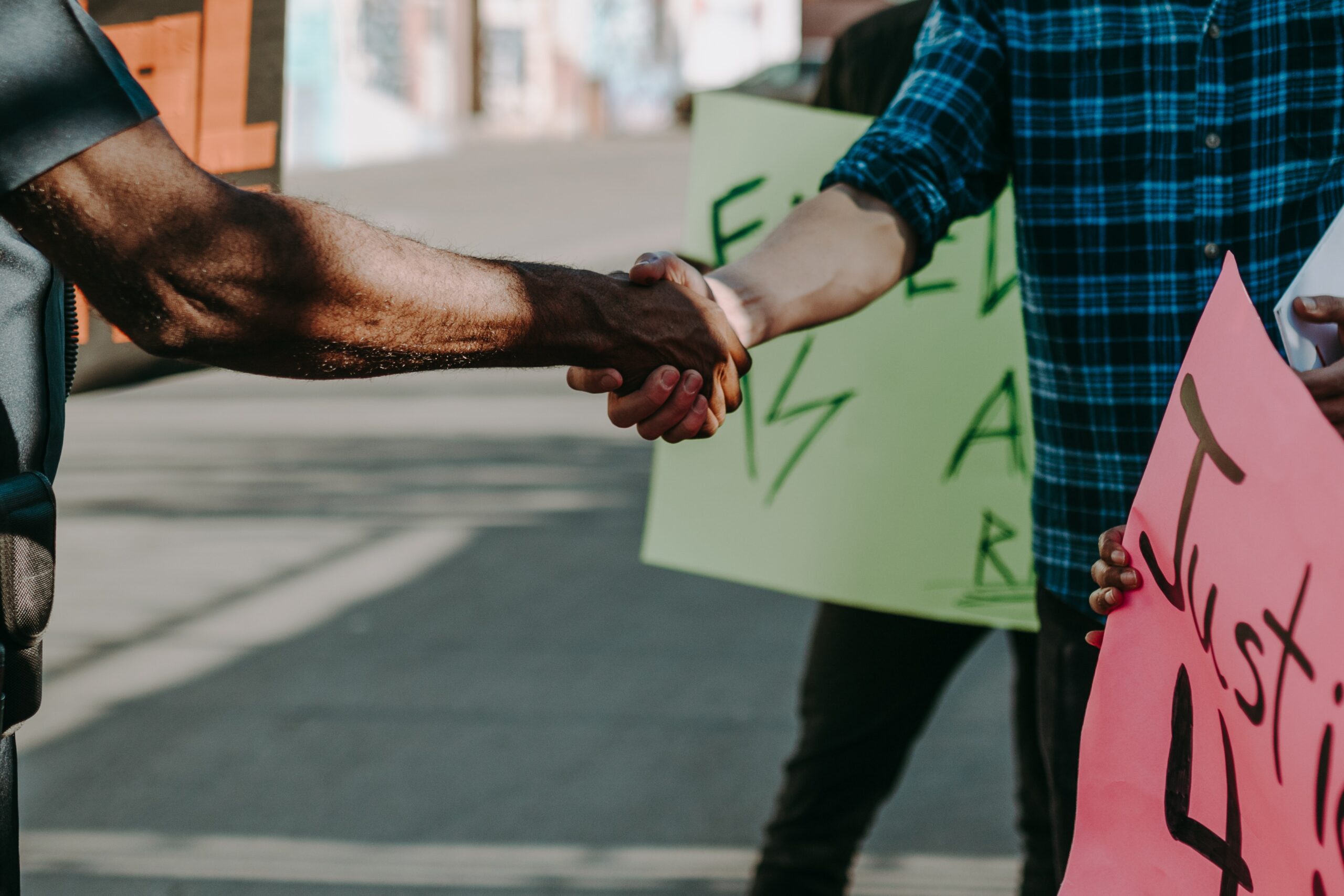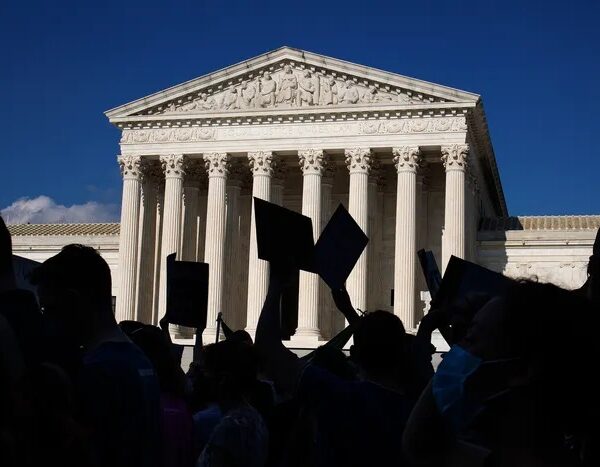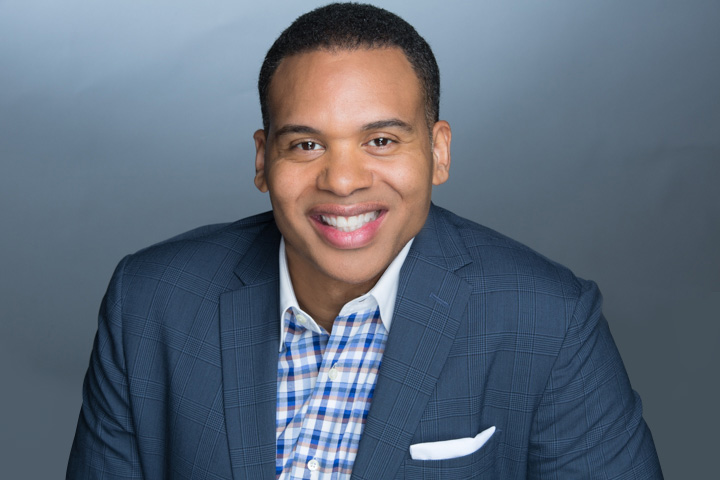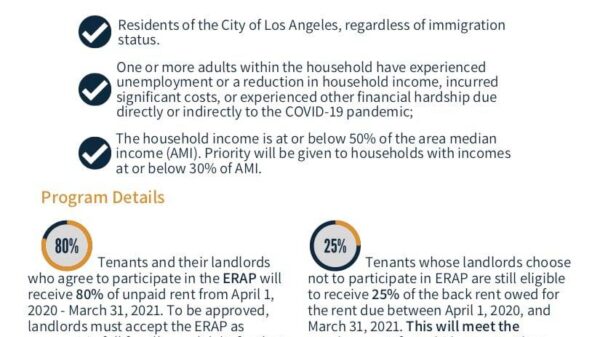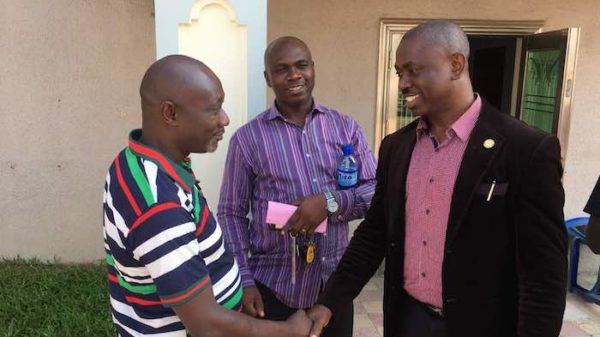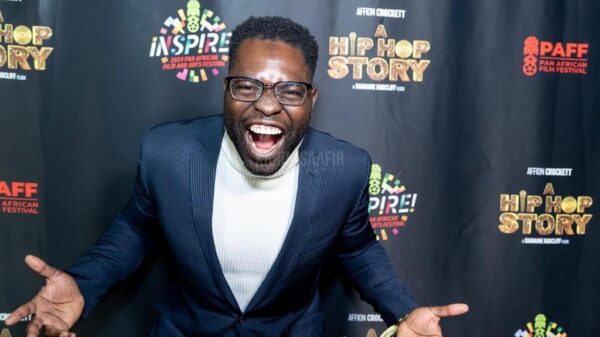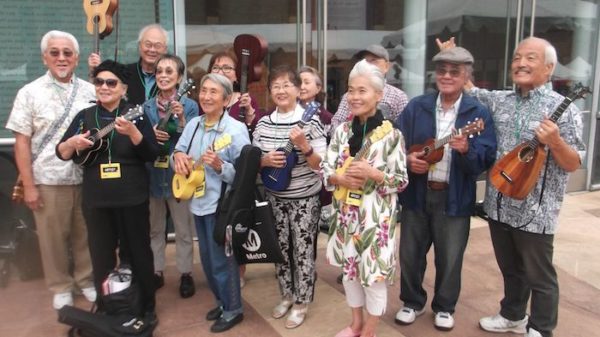Magazine, The Immigrant Experience
The Ethnic Media Services (EMS) briefing focused on the pressing question of how communities can heal from hate in the face of violent hate crimes, structural racism, and genocidal campaigns. The discussion, moderated by Julian Do, Co-Director at Ethnic Media Services, featured speakers with expertise in various areas related to hate and healing. The panelists included Helen Zia, Founder of The Vincent Chin Institute; Beth Wright, Staff Attorney for Native American Rights Fund (NARF) and Researcher on Boarding Schools, Truth and Healing; Nestor Fantini, Publisher and Sociologist, and former political prisoner in Argentina; and James Taylor, Professor of African American History.
Helen Zia, an author and the founder of The Vincent Chin Institute, addressed the audience and shared her insights on the healing process. She emphasized the importance of documenting and validating the traumas endured by communities affected by hate. Zia highlighted the increase in hate crimes and violence, both between and within racial and ethnic groups, which has triggered intergenerational traumas.
Zia discussed the rise in anti-Asian hate and violence related to the COVID-19 pandemic. She emphasized that these incidents were not new but rather represented the resurgence of long-standing forms of racism and discrimination. Asian Americans, who had previously been sheltered from overt racism, found themselves targeted and subjected to violent assaults. Zia acknowledged that hate and violence have affected all marginalized communities in America, making the healing process a shared goal.
The speaker drew attention to the case of Vincent Chin, a young Chinese American who was brutally killed in 1982 during a time of heightened anti-Asian sentiment in the United States. Zia described the trauma experienced by the Asian American community and the injustice of the judicial system, which failed to deliver adequate punishment to the perpetrators. However, she also emphasized the power of community solidarity and action in response to such atrocities.
Zia recounted her personal involvement with Vincent Chin’s mother and the Asian American community in their efforts to seek justice and prevent similar tragedies. Through community organizing and collaboration with other marginalized groups, a new Civil Rights Movement emerged. Zia emphasized the importance of recognizing historical context and linking various communities’ struggles against racism, injustice, and hate. She underscored that healing comes from collective action and empowerment, enabling communities to effect change.
Zia introduced the work of The Vincent Chin Institute and its efforts to share the history of communities coming together to combat hate. One of their initiatives is a 70-page booklet available for free online, documenting the Vincent Chin case and the subsequent community response. The booklet, translated into multiple languages, tells the story of the Civil Rights Movement, highlighting connections between different marginalized groups. Zia stressed the need to reach diverse communities to foster healing and empowerment.
Healing communities from hate requires acknowledging and validating the traumas they have endured. The case of Vincent Chin serves as a reminder that community solidarity, activism, and collaboration are powerful tools in the healing process. By linking struggles against racism, injustice, and hate across various communities, it becomes possible to effect change and promote healing on a broader scale. The work of organizations like The Vincent Chin Institute plays a crucial role in documenting and sharing these stories, enabling communities to unite, heal, and prevent future acts of hate.
The next speaker, James Taylor, Professor of African American History at USF-SF, is also a member of the San Francisco African American Reparations Advisory Committee. So, Professor Taylor, the floor is yours.
Professor Taylor: Thank you. I have studied and taught my students about this topic and related issues in my classes here in San Francisco. To see the ongoing work and the translation of these discussions into different languages is essential. It emphasizes the importance of reparations and the need for healing and reconciliation. Reparations should be a natural outcome of the actions taken by black people in any movement. We’ve seen progress in California and New York in advancing reparations programs, and it’s heartening to witness the acknowledgment and acceptance of the need for reparations in these communities.
Beth Wright, Staff Attorney for Native American Rights Fund (NARF), then took the floor to discuss the harmful impact of federal Indian boarding school policies on Native American communities. These policies aimed to forcibly assimilate Native American children into mainstream American culture, causing the loss of language, traditional knowledge, and cultural practices. Wright emphasized the importance of addressing historical trauma and working towards healing and justice for Native communities. She highlighted the efforts to repatriate cultural identity and revitalize languages and cultural practices.
Healing for Native American communities and other affected communities worldwide requires a comprehensive and compassionate approach. It involves repatriating cultural identity, restoring languages, acknowledging historical injustices, pursuing justice, and providing support for individuals and communities to heal from the trauma they have endured. The ultimate goal is to work towards a more just and inclusive society for all.
The briefing concluded with Nestor Fantini, Publisher and Sociologist, who shared his perspective as a former political prisoner in Argentina. Fantini discussed the healing process in the aftermath of genocide and political violence. He stressed the importance of truth-telling, acknowledging the victims, and working towards justice and reconciliation. Fantini highlighted the significance of addressing structural and systemic issues to prevent the recurrence of violence and hate.
In summary, the panel discussion at the Ethnic Media Services briefing focused on the healing process for communities affected by hate. The speakers emphasized the importance of documenting and validating traumas, promoting community solidarity and action, acknowledging historical context, and working toward justice and reconciliation. The goal is to foster healing, empower communities, and prevent future acts of hate.
#CommunitiesHealing #FromHateToHealing #EmpoweringChange #UnityInDiversity #EndHateCrimes #StructuralRacismAwareness #GenocidalCampaigns #CommunitySolidarity #CollectiveAction #EmpowermentThroughUnity #HealingInitiatives #DocumentingTraumas #MarginalizedCommunities #RacialEquality #AsianAmericanHateAwareness #VincentChinCase #CivilRightsMovement #CommunityResponse #ValidationOfTrauma #IntergenerationalTraumas #COVID19Impact #OvertRacismAwareness #InjusticePrevails #JusticeForAll #CommunityCollaboration #EmpoweringMarginalizedGroups #CulturalGenocideAwareness #BoardingSchoolsImpact #NativeAmericanRights #CulturalRevitalization #ReconciliationJourney #HistoricalInjusticesAcknowledgment #RestorativeJusticeApproach #DirtyWarCrimes #PursuingJustice #IndividualForgiveness #RebuildingTrust #ComprehensiveApproach #InclusiveSociety

